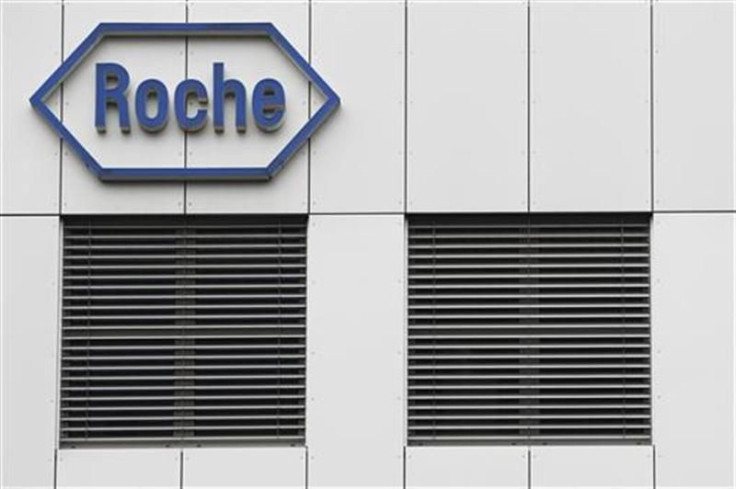India Says Roche Failed To Secure Patent For Herceptin Due To Procedural Failures

Swiss drugmaker Roche Holding Ltd. (VTX:ROG) lost a bid to secure additional patents for its top-selling breast cancer drug, Herceptin, due to procedural lapses on the part of the company, the Indian government said on Monday, in a rare move to defend the rejection, amid increased pressure from foreign corporations and governments to better protect intellectual properties.
Roche was granted a patent on Herceptin in April 2007, seven years after submitting an application. But, three additional patent applications related to the primary patent were recently deemed withdrawn under Indian law, because Roche failed to meet legal deadlines and its executives failed to attend hearings, a press release from a regional patent office in Kolkata, in the eastern Indian state of West Bengal, said.
“… The said divisional applications have not been revoked but were treated as withdrawn due to non-filing of Request for Examination within prescribed time or abandoned due to incorrect filing,” the statement said, adding: “Before the Controllers issued their decisions, the applicants were given due opportunity of being heard but the applicants have chosen not to attend.”
The statement rejected news reports that last year’s revocation of patents granted to Pegasys, Roche’s hepatitis C drug, and, Sutent, Pfizer Inc’s (NYSE:PFE) cancer drug, and an asthma treatment aerosol suspension formulation by Merck & Co., Inc. (NYSE:MRK), were all based on grounds of lack of innovation, among other reasons.
According to the statement, except for Sutent, the rejections or revocations of the other drugs "were made by independent judicial authorities."
"The revocation of Sutent was done after following due process of law under post-grant opposition. However, the revocation has been set aside by the Intellectual Property Appellate Board on a procedural issue and the matter has been remanded back,” the statement said.
“The present abandonment or rejection of the divisional applications related to Herceptin has no nexus with the pricing of the drug,” it said, adding that Roche is free to “explore further legal possibilities” to acquire the patents.
Roche, on Sunday, confirmed that it failed to acquire the additional patents on Herceptin, adding that the company was considering its next course of action, Reuters reported. The company has not yet commented on the patent office’s statement.
U.S. lawmakers and pharmaceutical companies have been raising concerns about intellectual property rights in India, after a string of setbacks for foreign pharmaceutical companies in securing patents for key drugs.
In July, GlaxoSmithKline plc (NYSE:GSK) lost a bid to acquire a patent on its cancer drug, Tykerb, when India's Intellectual Property Appellate Board ruled that the drug showed only incremental improvement when compared to an originally patented medicine from which it is derived.
In April, Novartis AG (NYSE:NVS), the Swiss pharmaceutical giant, lost a case in India’s Supreme Court to secure patent protection for its cancer drug, Glivec.
© Copyright IBTimes 2024. All rights reserved.












